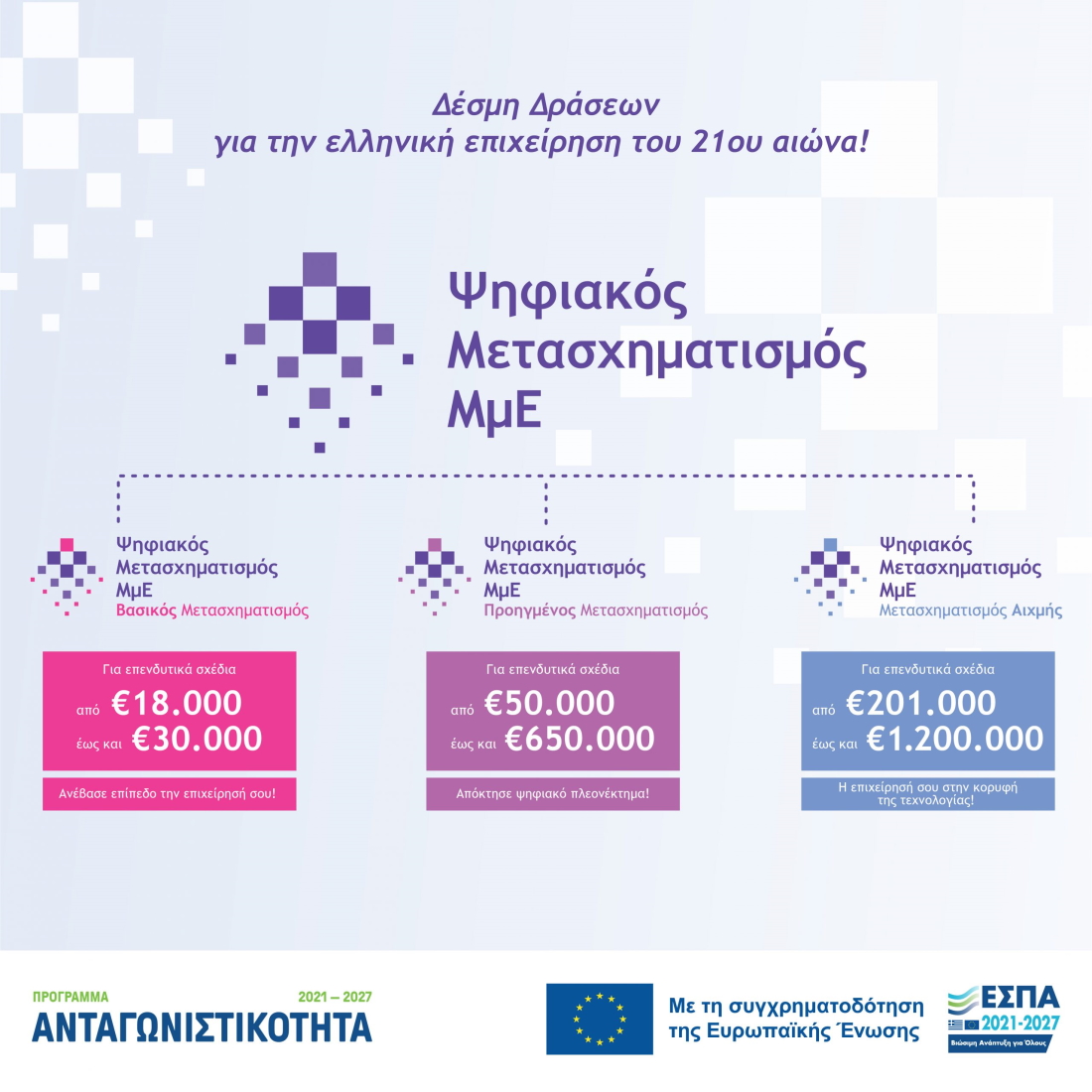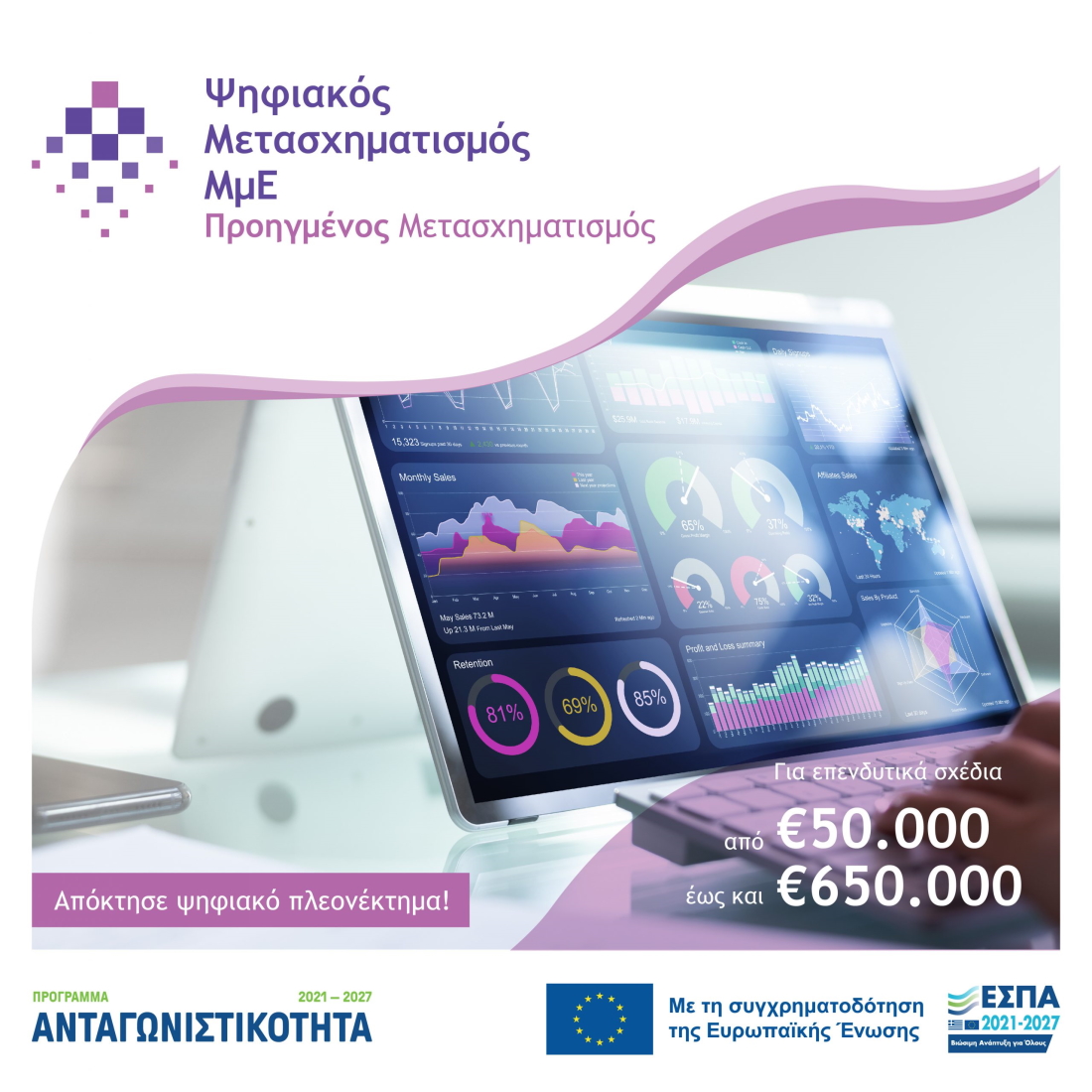
The General Confederation of Professionals, Craftsmen and Merchants of Greece (GSEVEE) expresses the need to suspend the repayment of the repayable advance by small and micro small enterprises, as well as a request for their conversion into grants aimed at strengthening and supporting businesses.
At a particularly difficult time for the business world, the repayable advance and its repayment amounts to the final blow for businesses, according to the announcement. As pointed out, they still have not managed to get out of the long period of economic and pandemic crisis. In fact, at this juncture, businesses have to deal with both the energy crisis and the rally of price increases. Conditions that make the economic environment even more difficult and even make their viability doubtful. GSEVEE in a letter to the competent Ministers of Finance, Mr. Christos Staikouras and Mr. Theodoros Skylakakis, calls for the immediate solution of the problem that afflicts thousands of small businesses.
The price of the crisis and the suspension of payment for the Reimbursable Advance
As stated in its letter to the leadership of the Ministry of Finance the GSEVEE, "you know that in recent years We are going through a long period of successive crises. Crises they have left deep their imprint on the economy, society and businesses. At the current juncture, the combination of the energy crisis, the continuous price increases and the re-outbreak of the Covid-19 pandemic they create suffocating conditions, especially for small and micro-enterprises. These undertakings over time in times of crisis pay a disproportionate price. The good tourist season we are going through is not a guarantee of sustainability for businesses. Especially when The indications so far suggest an extremely difficult winter.
Based on the above, the recent announcement that it is immediately starting and will be completed in the coming days the posting of the statements of account for the repayable advance, which as is to be expected creates the obligation to return part of them, has created strong reactions and frustration in the business world. businesses are trying to make up for the heavy losses suffered during the pandemic. The only significant advantage is the increased tourist flows. However, this advantage is neutralized by the particularly increased operating costs that combined come from the excessive increase:
- energy costs
- the increase in the supply prices of raw materials and goods
- excessive increase in fuel costs
- increased labour costs'.
Over-indebted businesses
At the same time, it is recalled by the GSEBEE that based on the latest survey of FHW GSEBEE, Three (3) out of ten (10) small and micro enterprises are already heavily indebted. Therefore, the addition of yet another obligation goes without saying that it creates an additional obstacle to the effort made by a large number of SMEs to survive. "We consider that the relevant decision triggering the process of repayment of repayable advances should be frozen.
After all, this aid was granted to keep businesses alive. But with the expectation that The Greek economy would return to normality. Moreover, and since it seems that next year will also be extremely difficult, we believe that the possibility afforded to us by the Temporary Framework of Support for the European Union should be exhausted, and convert repayable advances into grants (Article 23B of the Temporary Framework for State aid measures to support the economy during the current COVID-19 outbreak). This will be a very significant relief for businesses that have been disproportionately affected by the effects of the pandemic. Besides, they are also the ones that face the biggest sustainability problems", concludes the letter of GSEVEE.




